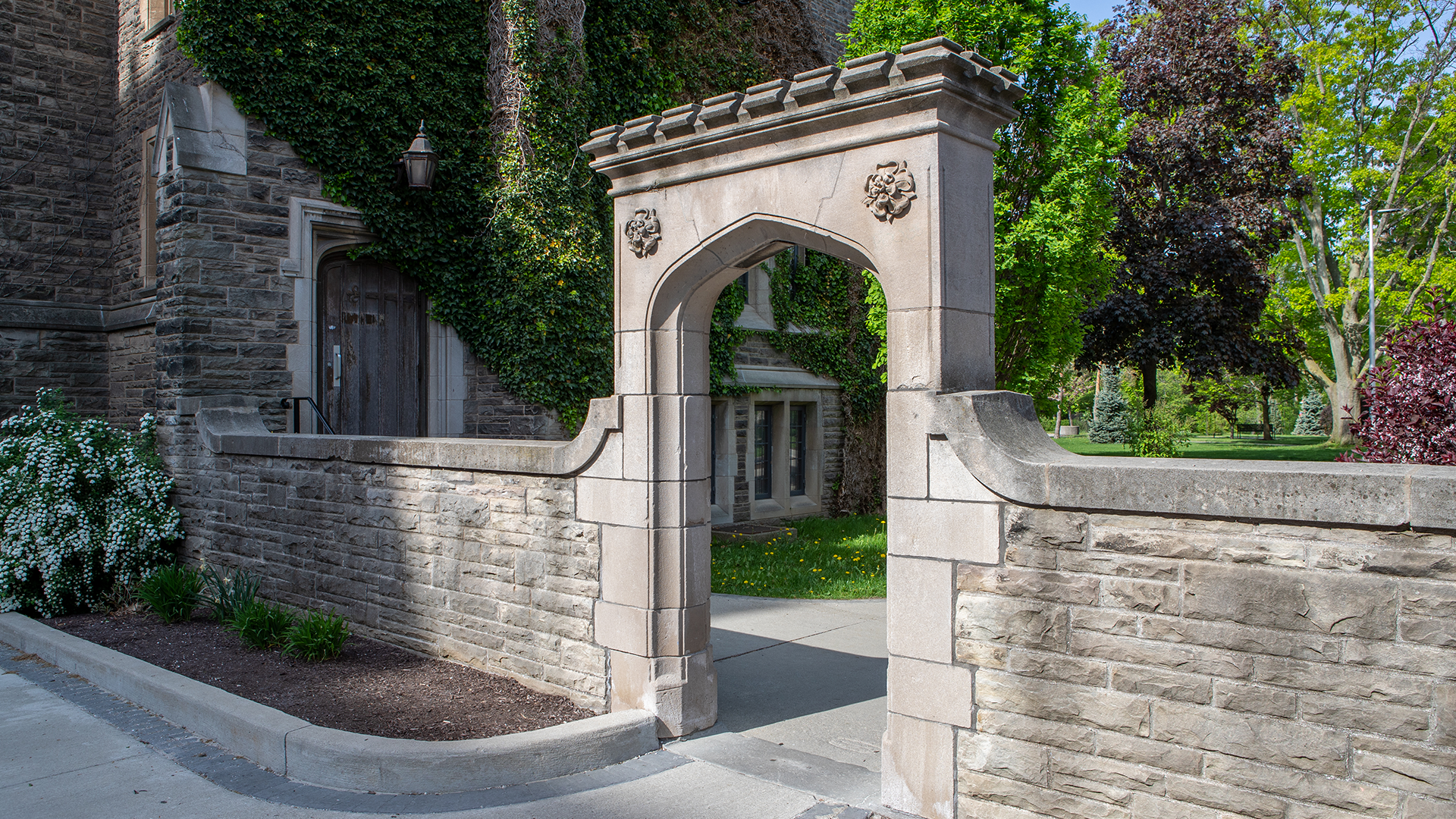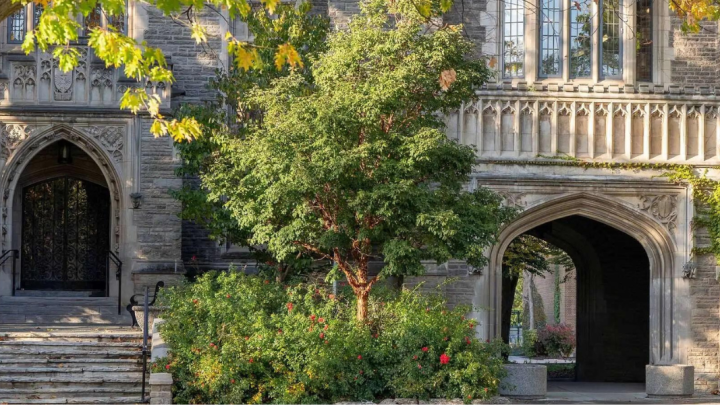Health, Aging & Society provides an understanding of aging issues within and across different contexts: cultural, economic, health care, physiological, psychological, and social. Issues ranging from the individual experience of the aging process to the societal complexities of an aging population are examined both within the Canadian context and more broadly, focusing on aging issues within a diversity of theoretical and methodological approaches.
Employers value Health, Aging & Society graduates for their critical thinking, communication and problem-solving skills, which apply to wide range of employment opportunities.
Health, Aging & Society students examine health and aging from a social science perspective, and understand:
- Theories that explain health inequalities;
- How health systems are organized and how they impact health;
- Social systems and how they affect our aging populations;
- The relationship between policy and lived experience;
- The social dimensions of aging.
Employers seek out the skills acquired by Health & Society (B.A.) and Aging & Society (B.A.) graduates, such as:
- Critical thinking
- Communication skills
- Research and analysis skills
- Teamwork
- Problem-solving
- Time management
- Expository writing
Examples of Health, Aging & Society career paths:
- Health Policy/Social Policy Research
- Project Coordinators
- Care Coordinators
- Volunteer Coordinators
- Public Health
- Marketing
- Occupational Therapy
- Physiotherapy
- Recreation/Activation staff in Long-term Care
- Education Coordinators (i.e., Alzheimer’s Society)
Information Box Group

Career Advising Contact An Advisor
Explore online and in-person resources to support you in your career development and planning.

Program Information Visit Program Site
Explore the courses and degree pathways available by visiting the program website.

